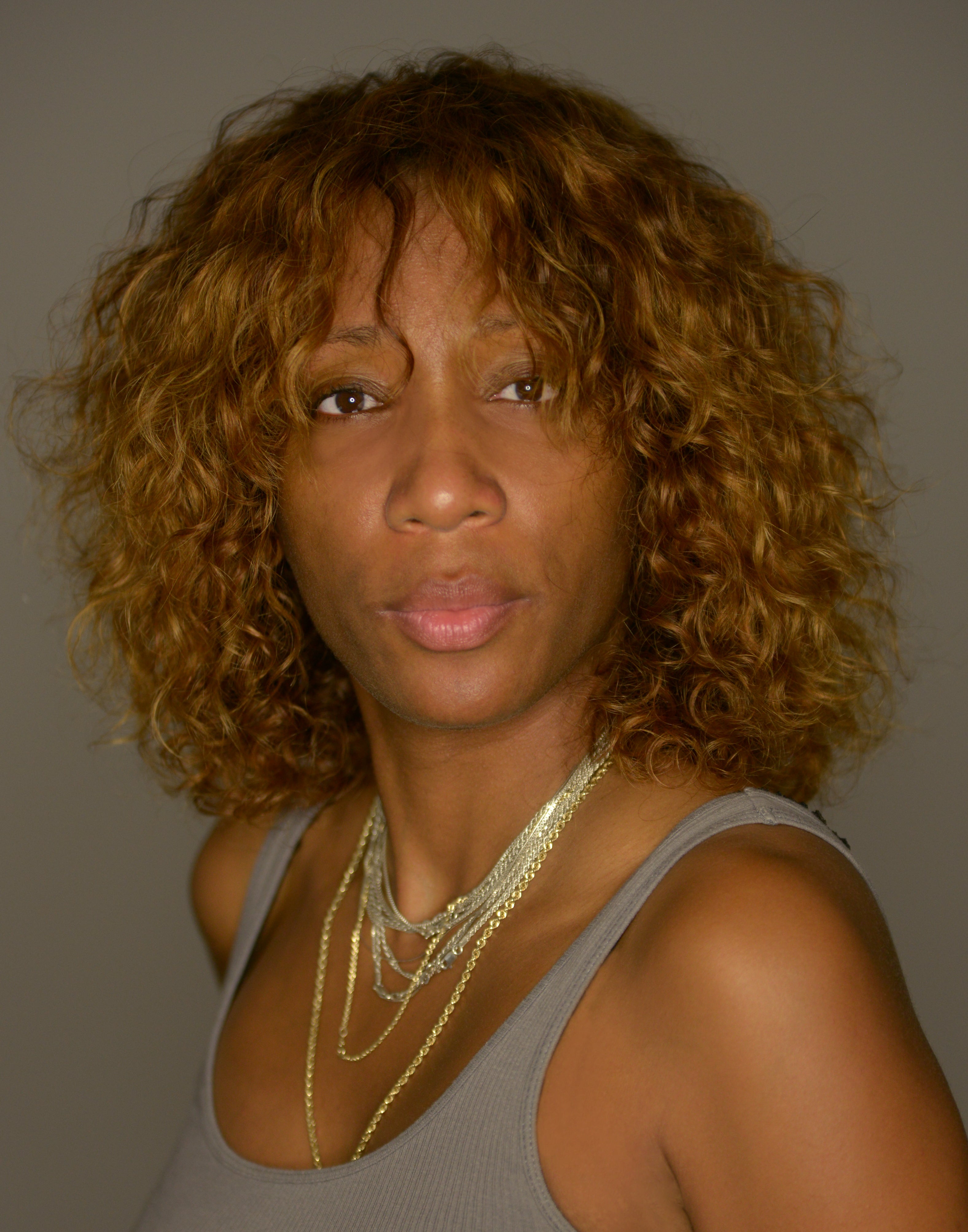
Oshunbumi “Bumi” Fernandez-West is in the middle of the most hectic week of her year.
She’s been working 16-hour days and just got into her office after a circuit of media appearances. Fernandez-West immediately begins photocopying receipts as she speaks without missing a step.
“My mom used to say, ‘I never thought Odunde [Festival] would grow to this magnitude,'” Fernandez-West says. “It [takes] a gift to get hundreds of thousands of people together.”
Fernandez is the CEO of Odunde, Inc., and the Odunde Festival is the largest African-American street festival in the country. Located in Philadelphia, the festival was founded by her mother, Lois Fernandez, and Ruth Arthur, in 1975 with a $100 grant.
After traveling to Nigeria and attending the Ill Ife festival in Nigeria, she was inspired to create a festival that would not only celebrate a new year but “educate the public about the importance of African and African-American culture.”
This year, legendary Hip-Hop artist, KRS-One, took the stage and Iyanla Vanzant received the Osun award. Hundreds of vendors—most of which were Black-owned businesses—came in from everywhere from the Congo to Brazil, selling jewelry, food, art, hair and skincare products. Despite the rain, people danced in the streets. On one corner, R&B music can be heard playing, on another, you can hear “Sweetness” Reggae artist Beres Hammond. On stage, Kule Mele, an African drum and dance ensemble performs.
Odunde has all of the pan-African vibes.
But first, the day began with an offering of fruit and flowers to the Yoruba goddess, Osun, on the South Street Bridge.
Fernandez remembers when people would tell her mother that she couldn’t do it. That there was no way she would be “allowed” to throw fruits and food in the Schuylkill River for an offering. That there was no way the city would let her take over multiple blocks on South Street for a festival that celebrated the cultures of the African diaspora.
Forty-three years later and Odunde now welcomes about 500,000 attendees each year, taking over nearly 15 blocks on South Street. In short, the Festival has become a Black Philly tradition. On the second Sunday of June, festival-goers show up donning various West African prints and styles, ready to take part in the celebration.
“I want people to leave Odunde feeling reenergized and thinking to themselves, ‘I love my people,’ Fernandez-West says.
Last year, her mother, who suffered from rheumatoid arthritis and survived breast cancer, passed away at 81.
But Fernandez-West, who has been running the festival for 22 years and has been taking care of her mother since she was 16, says she feels her all the time.
“My mother is here,” she says. “Her spirit [is here]. It has been going so smoothly. Everything is falling into place.”
The festival has also experienced some pushback as the South Philly neighborhood changed over the years. In1984, a petition was brought to City Hall asking that Lois Fernandez move the festival. The city even offered her money to do so.
But mother Fernandez-West stood her ground and kept the festival in the historically Black neighborhood.
“Odunde has a $28 million economic impact on the city of Philadelphia,” she said. “We are an economic driver at a city and state level. Those type of numbers warrant respect.”
In fact, the city just renamed the 2300 block of South Street in honor of her mother.
Fernandez said she wondered how her mother kept Odunde amidst so much adversity. As she’s gotten older, things have become much clearer. “I realized it’s bigger than me,” she says. “It’s something that’s on a spiritual level.”
She describes her mother as the “most loving woman on earth” who was fiercely passionate and a fighter.
“My mother was a giving person and she was a savage at the same time,” Fernandez-West says.
A quick conversation with Fernandez-West, who is also a wife and mother of three, shows that that energy passed down. In 2011, she created Odunde 365 to provide year-long African and African-American programming in schools, community centers and more.
Her goal is to have Odunde programming on every continent.
“[Noone] is going to minimize my mother’s legacy,” she adds. “I play no games when it comes to Lois Fernandez. I will die for Odunde. I’m not scared.”
—
